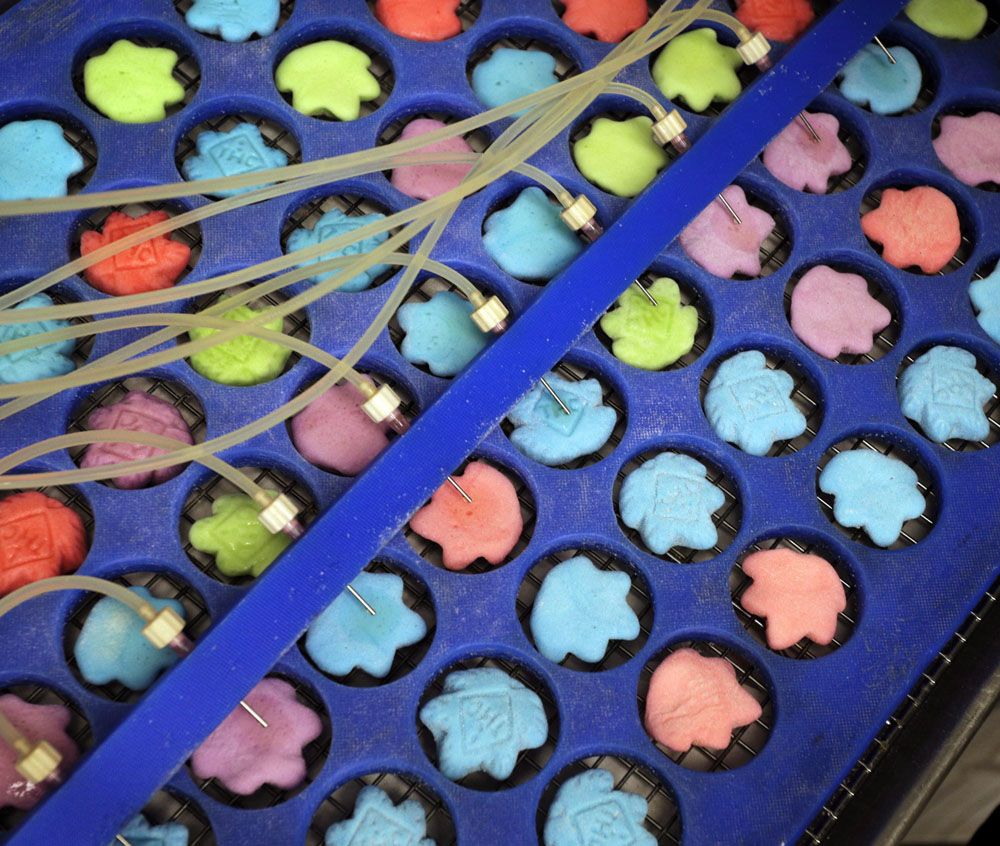Marijuana edibles won’t be available for a year after legalization under amendments passed by the Commons health committee Tuesday.

Regulating edible cannabis products — candy, peanut butter, tea — is complex, and the government won’t be ready to have them for sale when recreational legalization begins on July 1, 2018, Liberal MP John Oliver told the committee.
“With a year to go, it gives the industry, and Canadians, lots of time to know what’s coming,” he said.
NDP MP Don Davies argued the extra year isn’t needed:
“There is no reason whatsoever to go slow on this, because there’s nothing that we’re going to be learning in the next year about these products that we don’t know now,” he said. “While we wait 12 months, Canadians are still going to be getting edibles, but they’re going to be getting it from sources that are completely unregulated.”
WATCH: Alberta Justice Minister Kathleen Ganley announced Wednesday that in accordance with federal regulations, the maximum amount of pot Alberta citizens could possess in public would be 30 grams.

- Trump slams Canada as U.S. House passes symbolic vote to end tariffs
- ‘We now have to figure out how to live life without her’: Mother of Tumbler Ridge shooting victim speaks
- Carney, federal party leaders to attend Tumbler Ridge shooting vigil Friday
- Mental health support after Tumbler Ridge shooting ‘essential,’ experts say
“But for the 12 months, I think it’s an excellent motion. It’s a healthier way to ingest cannabis than smoking. So it’s ironic that we’re going to be legalizing the form of cannabis that is more heavily ingested by smoking, and not legalizing forms of cannabis that present less of a health impact.”
The Canadian market for edible cannabis products may be quite large.
Three Canadians in ten in a recent Ipsos poll said they are interested in trying edibles when they’re available, not many fewer than the number who said they wanted to try smokeable pot. As a share of the adult population, that works out to 8.7-million people.

Edibles appealed more to non-smokers, women, and millennials, the poll found.

Get weekly health news
Under prohibition, smoked marijuana is more common than the edible product — edibles are hard to make consistently at home, and a buyer has to trust a seller more with an edible product than with a cannabis bud that looks and smells like what it is.
As well as appealing to non-smokers, they are much more discreet than a joint.
About two-thirds of Colorado’s edibles market was chocolates or candy last year.







Comments
Want to discuss? Please read our Commenting Policy first.